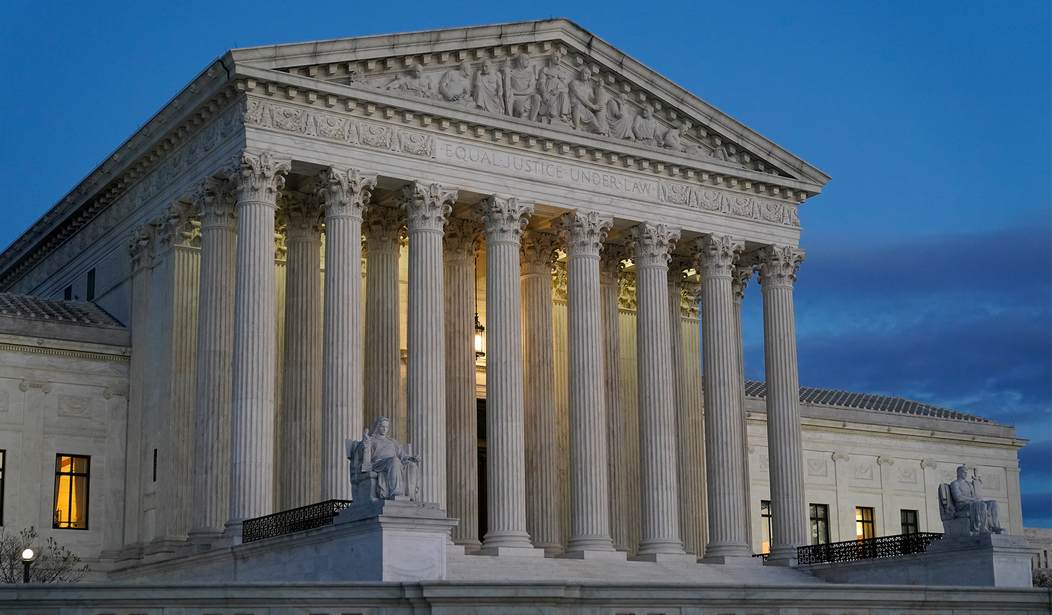This week, the United States Supreme Court announced it will take up two cases that weigh whether public officials can block users from their personal social media accounts when they use those accounts to post about their job.
One of the cases, O’Connor-Ratcliff v. Garnier, is a lawsuit filed against school board members in California, while the other, Lindke v. Freed, was filed against the city manager of Port Huron, Michigan, according to The Hill. Oral arguments are likely to be held this fall, with the decisions being released in June 2024.
In California, parents of children enrolled in the Poway Unified School District reportedly sent comments and replies to two school board members’ Facebook and Twitter posts exposing “financial mismanagement” by the superintendent. And, the parents, Christopher and Kimberly Garnier, reportedly pointed out “incidents of racism.” As a result, the two board members blocked the parents. The parents then filed a lawsuit in federal court for violation of their First Amendment rights.
In the second case, Port Huron City Manager James Freed blocked a city resident, Kevin Lindke, on Facebook after he commented on his personal page to criticize the city’s handling of the COVID-19 pandemic.
According to The New York Times, the question divided lower courts. And, in 2019, a federal appeals court in New York ruled that former President Donald Trump’s Twitter account was a public forum and that he could not block other users.
Recommended
“We conclude that the evidence of the official nature of the account is overwhelming,” one of the three judges, Judge Barrington D. Parker Jr. wrote for the U.S. Court of Appeals for the Second Circuit. “We also conclude that once the president has chosen a platform and opened up its interactive space to millions of users and participants, he may not selectively exclude those whose views he disagrees with.”
If Trump’s Twitter account had been private, he would have been able to block whoever he wanted, the judges ruled. Reportedly, after Trump lost the 2020 election, the Supreme Court vacated the Circuit Court’s ruling.
On Jan. 8, 2021, the former president was banned from Twitter in the aftermath of the Capitol riots. According to a statement from Twitter, it claimed that Trump’s account was taken down “due to the risk of further incitement of violence.”
After Elon Musk took over Twitter, Trump’s account was reinstated. However, Trump has not tweeted.

























Join the conversation as a VIP Member